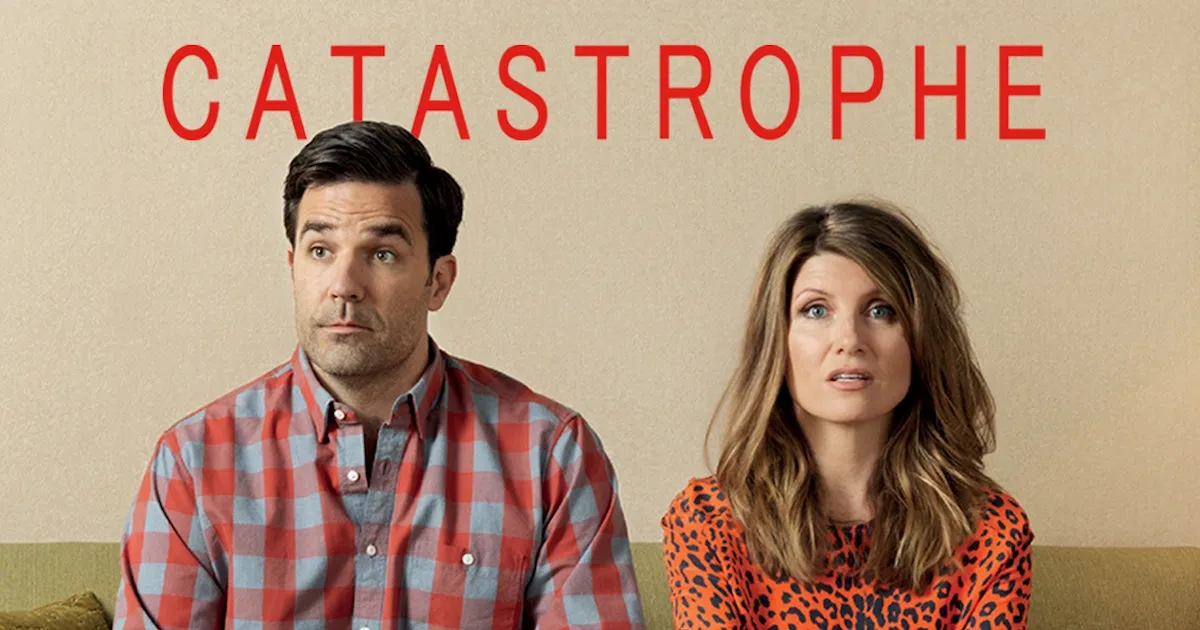Hell (2011): A Scorching Vision of a Sunburned Apocalypse
Directed by Tim Fehlbaum and produced by Roland Emmerich, Hell (2011) delivers a stark and unsettling vision of a world devastated by climate catastrophe. Set in a near future where the sun has become both lifeline and executioner, the film strips survival down to its rawest form, crafting a story of desperation, betrayal, and the fading hope of humanity.
The narrative follows Marie, played by Hannah Herzsprung, as she journeys with her sister Leonie and companion Phillip through a scorched landscape where water is scarce and trust is even rarer. Civilization has crumbled under the relentless heat, leaving only scattered survivors fighting over dwindling resources. When the group encounters other desperate wanderers, including a seemingly helpful mechanic and his family, alliances quickly turn into traps, forcing Marie to confront just how far she will go to protect her sister.
What makes Hell compelling is its relentless atmosphere. The film abandons glossy action spectacle in favor of slow-burning dread, showing the psychological toll of survival in a world where even daylight itself has become an enemy. The washed-out cinematography, drenched in overexposed light and dust, creates a claustrophobic visual identity that perfectly mirrors the story’s bleak tone.
Performances are grounded and visceral, with Herzsprung bringing both fragility and determination to Marie’s fight for survival. The film’s villains are terrifying not because of supernatural power, but because they represent what ordinary people can become when stripped of morality and driven only by hunger and fear.
Though modest in scale, Hell is striking in its raw intensity. It is not just another post-apocalyptic thriller but a chilling reflection of humanity’s fragility when nature itself turns hostile.


